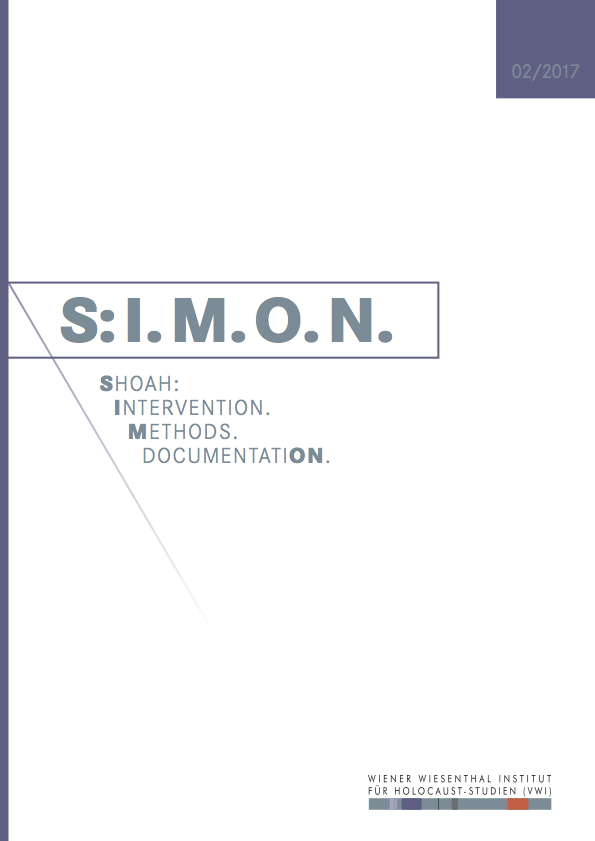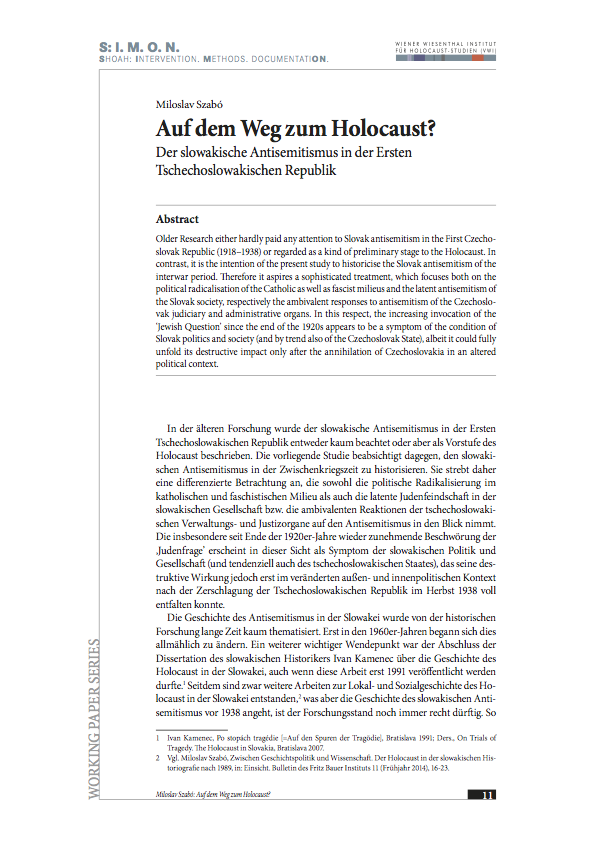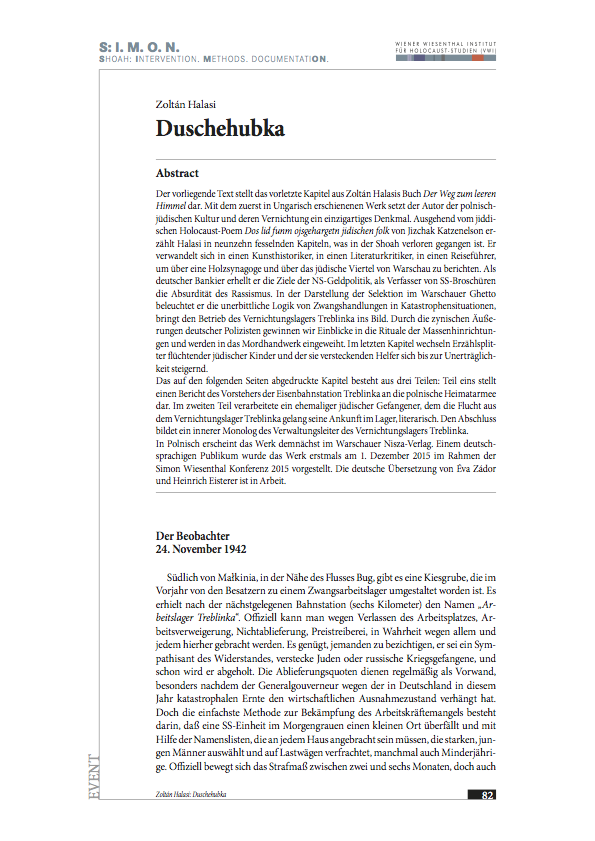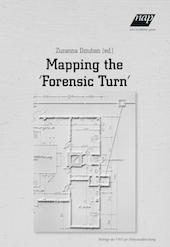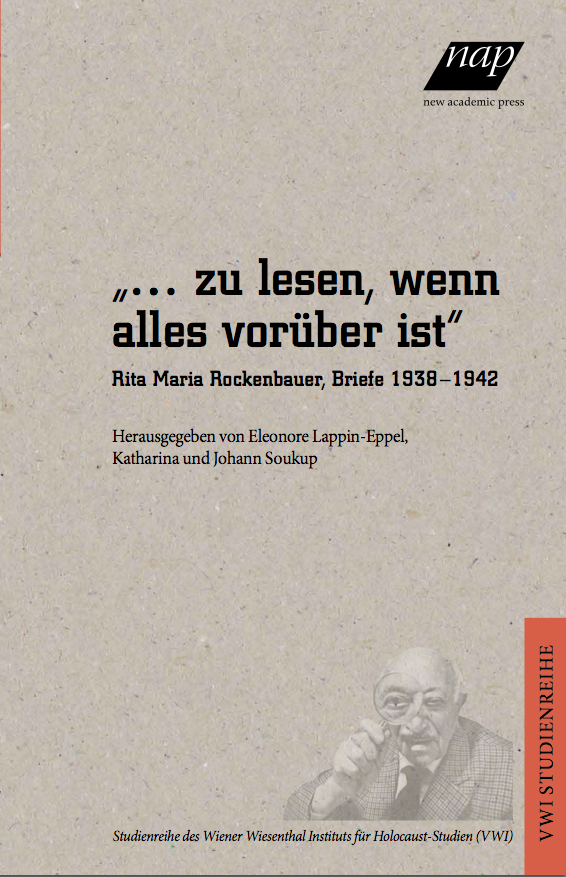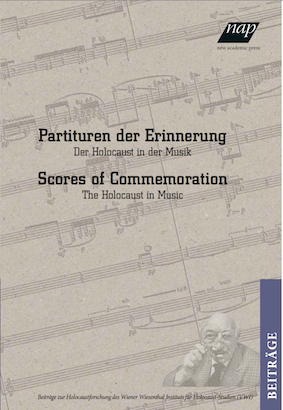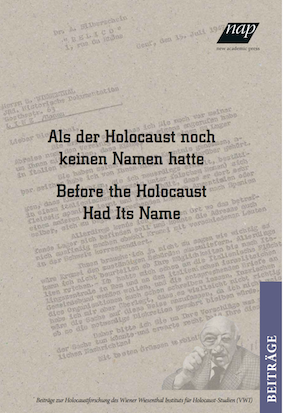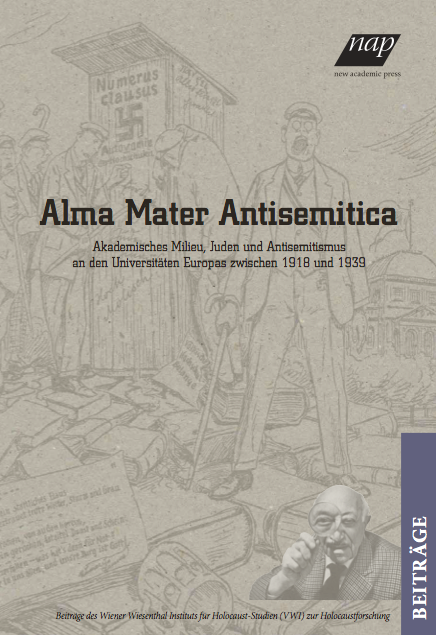 In late 2013, I was a visiting researcher at the University of California, Los Ange- les. By pure chance, a local professor put me in touch with the granddaughter of a Dutch member of the Jewish Territorialist movement, which looked for places of settlement for Jews outside of Pallestine until well into the 1950s. What was more, the woman’s mother – the territorialist’s daughter – was still alive, aged 96! What followed was a remarkable visit to the two women’s Los Angeles home. Afterwards, I put some thoughts and reflections to paper, without academic intentions, but as part of a letter to a close friend.
In late 2013, I was a visiting researcher at the University of California, Los Ange- les. By pure chance, a local professor put me in touch with the granddaughter of a Dutch member of the Jewish Territorialist movement, which looked for places of settlement for Jews outside of Pallestine until well into the 1950s. What was more, the woman’s mother – the territorialist’s daughter – was still alive, aged 96! What followed was a remarkable visit to the two women’s Los Angeles home. Afterwards, I put some thoughts and reflections to paper, without academic intentions, but as part of a letter to a close friend.
The story recently resurfaced in my thoughts while I was working on an article about Jewish Territorialism’s Dutch connection, and this regenerated some unresolved questions. I posed these questions to my colleagues at the Vienna Wiesenthal Institute during a recurring internal sources and methodology workshop. I was thrilled to find myself as part of a fruitful and thought-provoking exchange.


